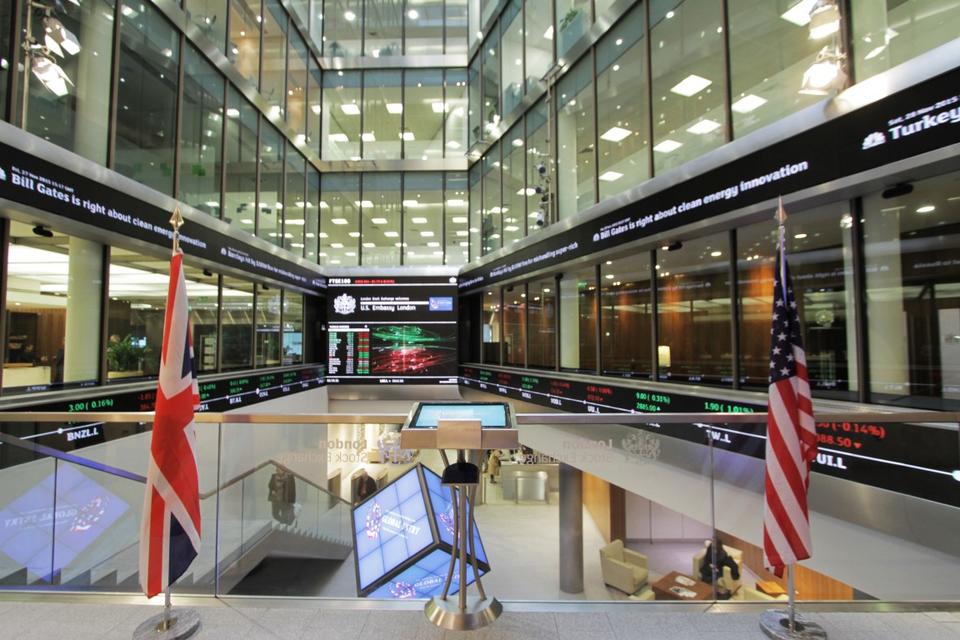
By Tony Akleh — arabianbusiness.com — The ongoing economic crisis in Lebanon has placed additional pressure on the banking system, prompting lenders to delist global depositary shares (GDS) from international stock exchanges. The move has been taken to minimise unnecessary costs outside Lebanon in order to meet the challenge of raising their capital by February 2021. If they can’t raise capital by 20 percent, they risk having to exit the market, according to a directive sent out by Riad Salameh, governor of Lebanon’s central bank. BLOM Bank has applied for the withdrawal of its GDSs from trading on the EUROMTF and the Official List of Luxembourg Stock Exchange, as well as for the withdrawal from trading on the London Stock Exchange, with a proposed implementation of November 24.
BLOM Bank has applied for the withdrawal of its GDSs from trading on the EUROMTF and the Official List of Luxembourg Stock Exchange Prior to this decision, the traded GDSs witnessed low volumes and limited liquidity this year, making administrative costs outweigh the benefits. The GDSs and its underlying shares will continue to trade on the Beirut Stock Exchange. Bank Audi has also announced that it has applied for the cancellation of the listing of its global depository receipt (GDR) from the London Stock Exchange with effect from November 16 although they will continue to be listed and traded on the Beirut Stock Exchange.
Byblos Bank has already announced the cancelation of its GDRs on the London Stock Exchange for the same reasons in July. Jordan’s Capital Bank has begun due diligence in buying Lebanese Bank Audi’s Iraq and Jordan units while First Abu Dhabi Bank (FAB) plans to restart talks to buy the Egyptian business of Bank Audi. Emirates NBD, Dubai’s largest lender, is currently in talks to buy an Egyptian unit of Lebanon’s Blom Bank.
Lebanese banks are suffering after the financial crisis that first hit Lebanon in October 2019. They have been told to raise their capital by 20 percent by the end of February 2021 or risk exiting the market. Listed Lebanese banks registered their worst financial losses in history, with a combined net after-tax loss of $770.4 million in 2019, compared to a net profit of $1.44 billion the previous year.



